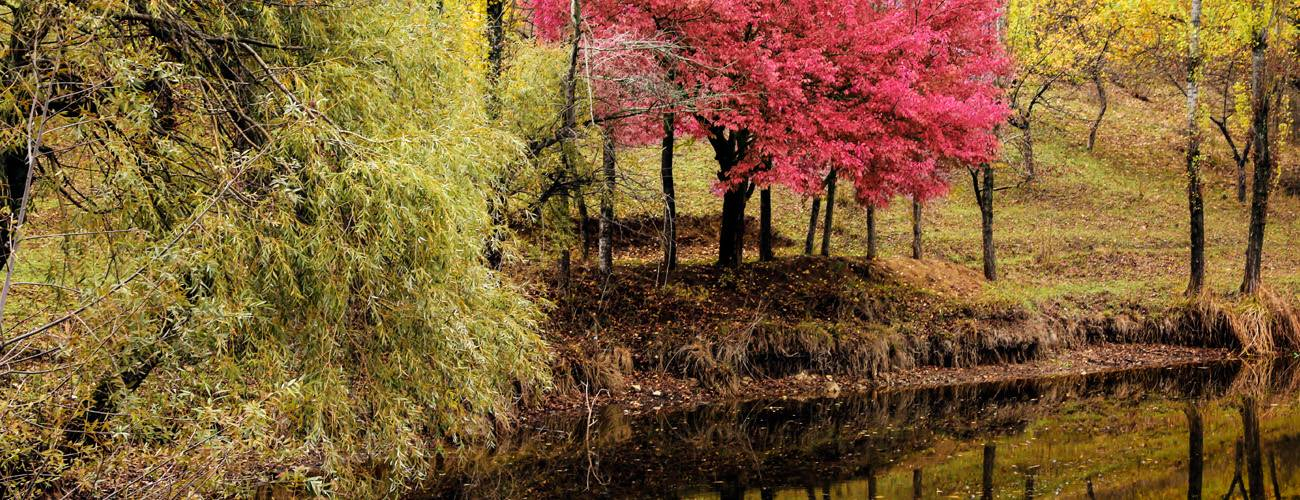The Republic of Armenia is a mountainous country with long and cold winter periods. Although roughly 95% of the country has access to gas, rural households rely on alternative fuel sources to heat their homes due to low incomes, leading to a high dependency on fuelwood and dried animal dung. Additionally, people burn plastic, rubber and other waste, producing toxic substances which are harmful for human health. Women and children are especially affected, as they spend more time at home.
At present, the excessive extraction of firewood from forests continues and significantly exceeds the rate of timber growth. This practice is putting growing pressure on the remaining, seriously threatened forests that cover only around 10% of Armenia’s surface area. Moreover, a free and well-accepted alternative fuel source to firewood—animal dung—is essential for preventing the degradation of pastures, and using it as an energy source deprives the production system of valuable nutrients.
Natural pastures and grasslands in alpine locations and steppe regions account for around 40% of the country’s surface area. Over the course of recent years, the irregular management and lack of grazing organisation in the rural communities of the country has resulted in soil degradation, an insufficient fodder base, and overall a decline in the conditions of natural pastures, threatening the country’s biodiversity. Pasture farming is mostly in the hands of smallholders, especially in remote rural regions, where they constitute the poorest and most vulnerable population groups.
Sustainable land management practices can help maintain the productivity of land for agriculture and livestock farming, improving local food security, providing quality feed for livestock, and improving the sustenance of the local population. The livelihoods of many families in the rural areas of Armenia depend on pastures and grasslands. The nationwide mapping of grassland and its conditions will provide communities and their local self-government bodies with important information on the basis of which they can implement sustainable management practices such as rotational grazing. ECOserve will accompany this process in selected communities and contribute to improving the structure and administrative procedures of the local self-government bodies to facilitate sustainable pasture management.
To reduce dependency on fuelwood or dung as an energy source, the programme will continue to develop and test marketable products customised to specific target groups that will improve the energy efficiency in rural households. Additionally, compressed bricks of leftover straw from harvesting will be introduced as an alternative biomass for heating and cooking purposes. These measures will be accompanied by training activities among the rural population and youth in Armenia to ensure the sustainability of the programme. Moreover, decision makers and experts are engaging in regional dialogue e.g. with Georgia, discussing best practices. All these activities will benefit the special needs of women who play an essential role in the domestic resource management and usually suffer the most from common burning practices for domestic heating. Sustainable pasture management and the pressure on forests will contribute to the conservation of natural resources for current and future generations.
More information on GIZ activities in Armenia can be found here.
PARTNERS
- RA Ministry of Territorial Administration and Infrastructure (MoTAI)
- RA Ministry of Environment (MoEnv)
- RA Ministry of Economy (MoE)
- Non-Governmental organisations
- Academic institutions
- Selected municipalities



